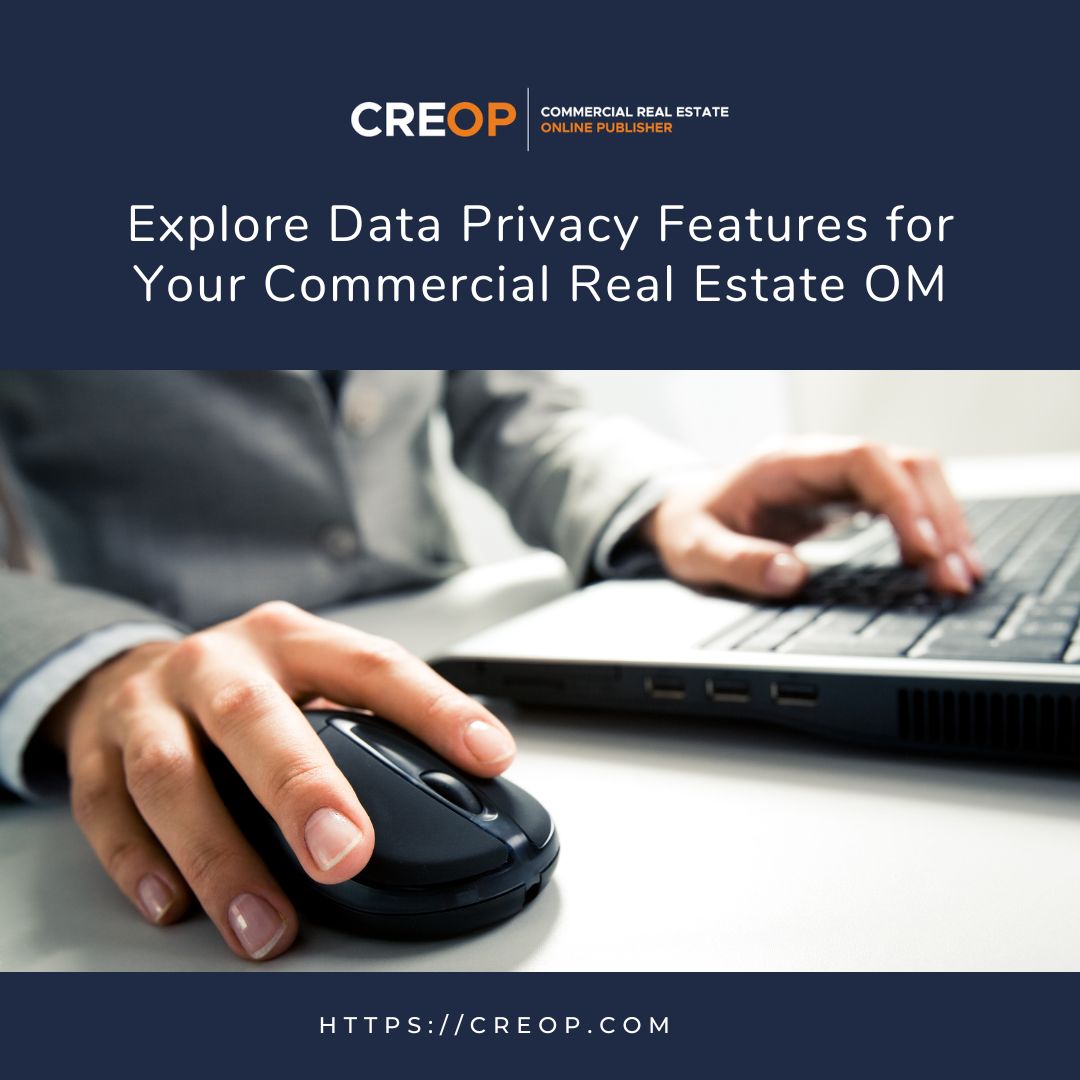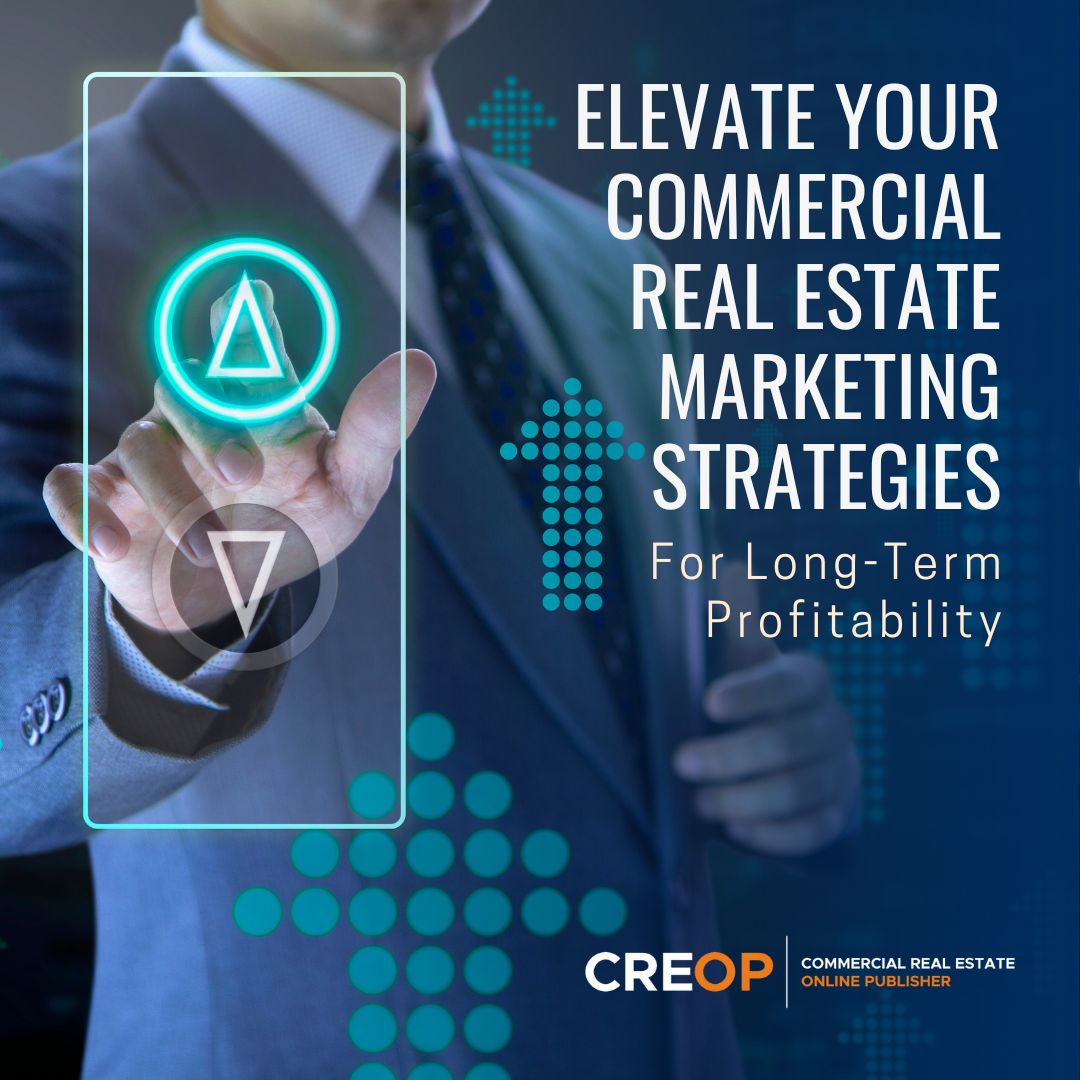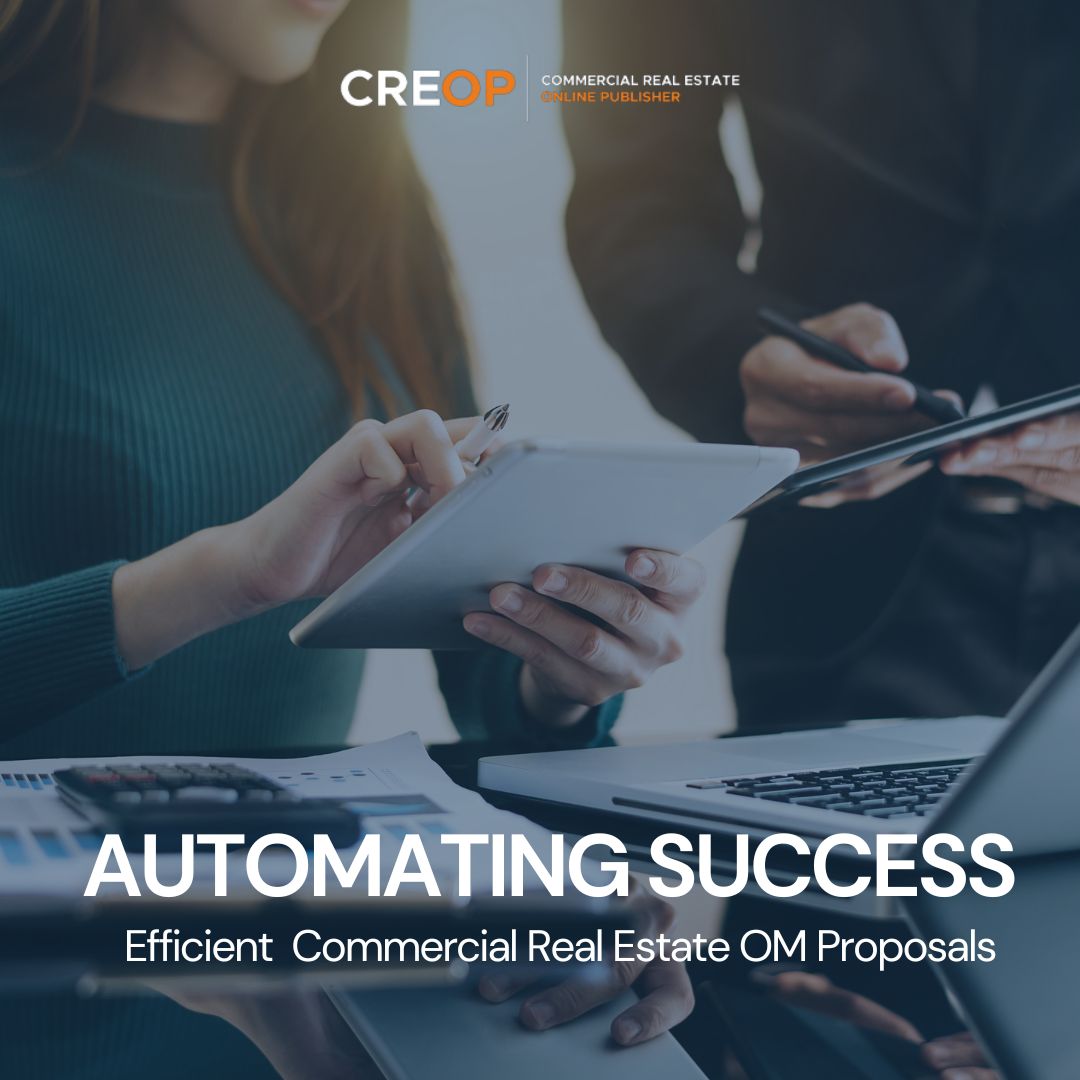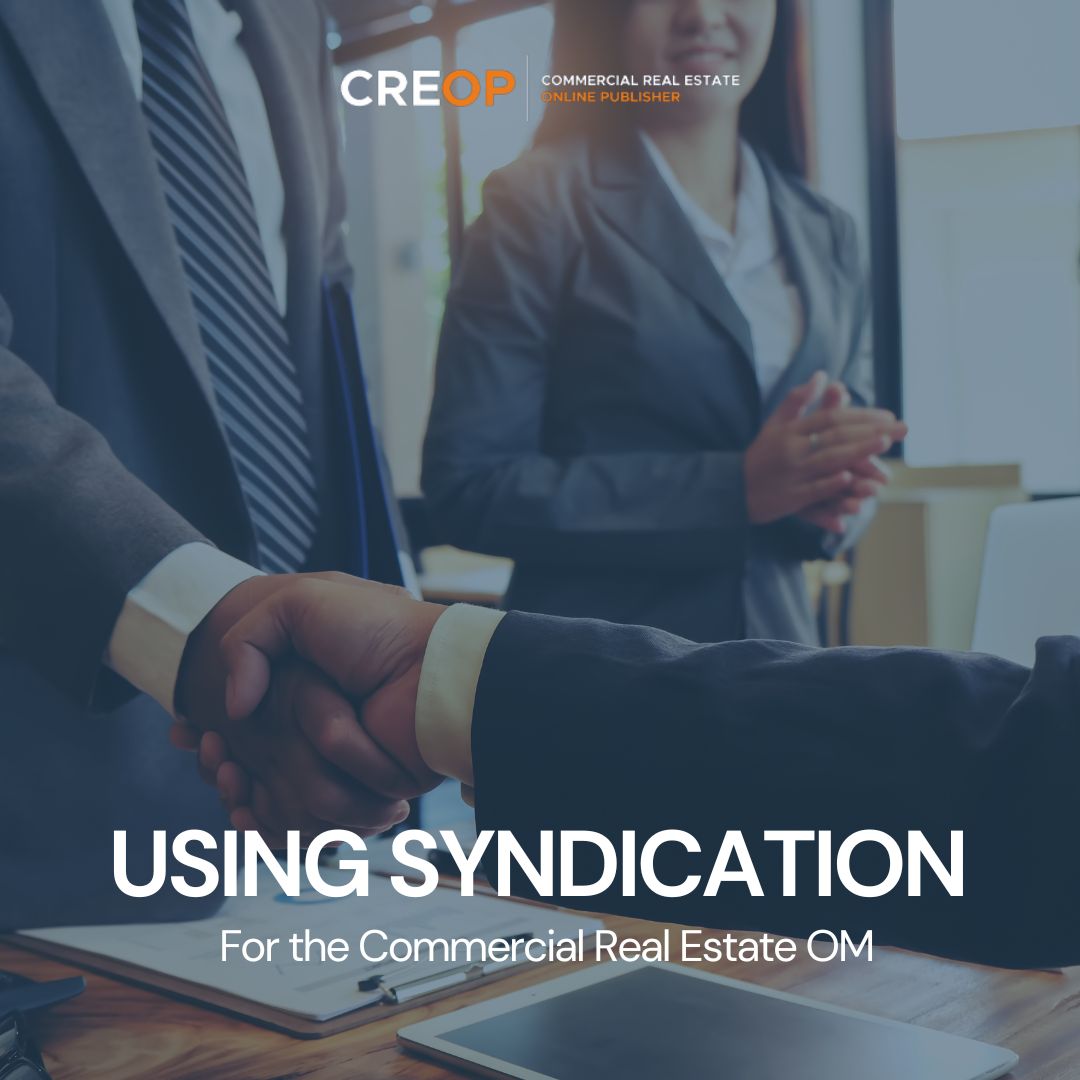In the fast-paced world of real estate, staying ahead of the competition requires a well-rounded marketing strategy that evolves and adapts year after year. CRE professionals must embrace innovative approaches to attract and retain clients to ensure a profitable business venture. In this blog post, we’ll explore a range of effective CRE marketing strategies that can help you achieve long-term success. While drawing inspiration from existing resources, we’ll provide original insights to help you elevate your commercial real estate marketing game.
Define Your Target Audience
To increase the effectiveness of your commercial property marketing efforts, it is crucial to detect and understand your target audience. Conduct thorough research to gather demographic information, industry-specific trends, and market preferences. By tailoring your marketing messages and channels to resonate with your ideal clients, you can create a more compelling and personalized experience.
Leverage the Power of Online Presence
In today’s digital era, establishing a strong online presence is crucial for any business. Create a professional website that showcases your expertise and listings. Optimize your site for search engines to achieve greater visibility. Engage with your audience through content marketing, including blogs, videos, and social media posts. Building a strong online brand can significantly enhance your credibility and attract potential clients.
Harness the Potential of Social Media
Social media platforms offer a powerful avenue for engaging with prospects and expanding your network. Identify the platforms most relevant to your target audience, such as LinkedIn, Twitter, or Instagram. Share informative content, industry insights, and updates about your listings. Actively participate in discussions, respond to comments, and build relationships with influencers. Utilize targeted advertising on social media to reach a wider audience and generate leads.
Embrace Video Marketing
Video content is gaining traction across all industries, and CRE is no exception. Use videos to showcase properties, provide virtual tours, and share expert advice. Host webinars or virtual events to educate potential clients about market trends and investment opportunities. Video marketing humanizes your brand, captures attention, and conveys information more effectively.
Collaborate with Influencers and Partnerships
Collaborating with influencers or forming strategic partnerships can amplify your marketing efforts. Identify influential individuals or organizations within the CRE industry and explore opportunities for collaboration. Guest blog on prominent platforms, participate in panel discussions, or co-host webinars. These partnerships can expand your reach, enhance your reputation, and attract new clients.
Stay Ahead with Email Marketing
Email marketing remains a powerful tool for nurturing client relationships and generating leads. Create targeted email campaigns tailored to specific segments of your audience. Provide valuable content, such as market reports, investment insights, and property updates. Personalize your emails to strengthen connections and encourage engagement. Don’t forget to optimize for mobile devices as more people access emails on their smartphones.
Utilize Data and Analytics
Leveraging data and analytics allows you to make informed decisions and refine your marketing strategies over time. Check key metrics such as website traffic, conversion rates, and engagement levels. Analyze the data to identify trends, optimize your campaigns, and prioritize the most effective channels. Embrace technologies like customer relationship management (CRM) systems to streamline your marketing efforts and improve client management.
Furthermore, leveraging advanced commercial real estate software solutions can streamline your marketing efforts by automating tasks, managing listings, tracking leads, and providing valuable analytics, empowering you to make data-driven decisions and optimize your marketing strategies for greater efficiency and profitability.
Emphasize Exceptional Customer Service
In a competitive market, exceptional customer service can set you apart from the competition. Focus on making long-term relationships with your clients by delivering personalized experiences and exceeding their expectations. Promptly respond to inquiries, provide transparent communication, and go the extra mile to deliver value. Satisfied clients are more inclined to recommend your services and become repeat customers.
Trends Shaping the Future of CRE Marketing
Augmented Reality (AR) and Virtual Reality (VR): These technologies are revolutionizing property tours. By allowing potential clients to experience properties virtually, you can provide immersive tours from anywhere in the world.
AI and Chatbots: Incorporating AI-powered chatbots on your website can answer frequently asked questions in real-time, leading to quicker client interactions and conversions.
The Power of Storytelling in CRE Marketing
Narratives connect emotionally with your audience. Sharing stories about successful ventures, client testimonials, or the history of a property can engage readers more than mere facts and figures. Personal anecdotes about your experience in the industry can also be powerful.
Importance of Local SEO for CRE Professionals
While having a global reach is beneficial, emphasizing local SEO is crucial for real estate professionals. Ensure your website is optimized for local searches, and consider creating content that highlights your expertise in specific locales or regions.
Sustainability in CRE Marketing
As businesses and individuals grow increasingly eco-conscious, it’s beneficial to promote eco-friendly properties or sustainable practices within your firm. Showcase your commitment to green initiatives, and demonstrate how they add value to your listings.
Networking and Industry Events
The importance of face-to-face interactions can’t be overstated. Regularly attending industry events, conferences, and seminars not only keeps you updated with the latest trends but also provides opportunities to expand your network and solidify your position in the industry.
Continuous Learning and Professional Development
The commercial real estate landscape is continually changing. Emphasize the importance of ongoing learning. Whether it’s obtaining new certifications, attending workshops, or simply keeping up with industry publications, staying informed and up-to-date is crucial.
Reputation Management
Online reviews and client testimonials play a significant role in shaping a firm’s reputation. Encourage satisfied clients to leave positive feedback on platforms like Google and industry-specific websites. Always address any negative reviews professionally and proactively.
Conclusion
In the dynamic world of commercial real estate, implementing effective marketing strategies is vital to maintaining a profitable business year after year. By defining your target audience, embracing digital platforms, harnessing video marketing, collaborating with influencers, utilizing email campaigns, analyzing data, and emphasizing exceptional customer service, you can position yourself as a trusted industry leader and achieve long-term success in the competitive CRE landscape. Stay adaptable, keep innovating, and continuously refine your strategies to thrive in the ever-evolving world of commercial real estate marketing.
Check the related blog here: https://creop.com/7-tips-to-succeed-at-commercial-real-estate-marketing/











